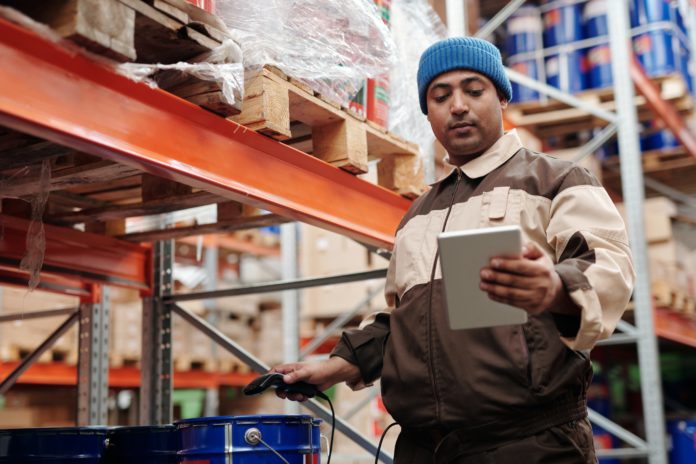SH Road Network was established in 2013 with the aim to provide transport solutions for multinational firms for delivery in electronics, semi-conductors, equipment and chemicals. Over the last decade they have established their reputation within the logistics industry, providing services to multinational corporations, shipping lines, and e-commerce first mile deliveries.
Like companies in many sectors, SH Road Network faced challenges with the onset of the pandemic. However, with the resultant boom in e-commerce, they are also looking at a period of greater opportunity, including regional expansion. Working with Luwjistik, an SaaS platform tailored for the logistics industry, they have been able to realise their business goals.
SMEhorizon speaks with Jamal Ahmat, Managing Director, SH Road Network on his company’s challenges and developments in recent time, and how technology has facilitated their operations and expansion. Syed Ali Ridha Madihid, Co-Founder, Luwjistik also explains the current trends for the Logistics industry, especially on the technological front.
Pandemic disruptions and opportunities
Madihid shares how “the logistics industry has been trying to create a more effective and efficient logistics system to better manage costs and maintain healthy margins by leveraging technology to digitalize processes across the supply chain.”
This drive for greater efficiency gained a greater urgency during the pandemic. One factor was the challenges that the sector faced from the health crisis. According to Jamal, his company has had to scale back on manpower resources due to stricter regulations from the government.
Another is linked to the new opportunities for growth that the pandemic has unlocked. Madihid explains that the increase in online spending and e-commerce has led to the demand for new lanes to meet the demand. “However,” he continues, “industry incumbents are not able to build the required lanes due to the high cost and time required to set up a network in a fragmented market like Southeast Asia.”
“This is only exacerbated by the travel restrictions in place for the past 2 years.”
As consumers become more comfortable with shopping online and have increased expectations for service, price and convenience, the high barriers to entry and a complex range of customs requirements and workflows across borders will only hinder overall growth in the region.
Delivering with technology
Fortunately, the technology is at hand to improve the situation. Tech providers like Luwjistik aim to help companies standardise work flows across multiple countries, allowing them expand their network and increase their capabilities.
For SH Road Network, this has eased their manpower woes by facilitating remote work for their company. At the same time Jamal shares that they have ben able to establish overseas networks with multiple partners, culminating in a new office in Ho Chi Minh City, Vietnam, serving well known players in the cosmetics line.
This experience has driven home for SH Road Network the importance of keeping abreast of technological developments. “The logistics business in Singapore will keep on developing,” says Jamal. “We need to adapt to the constant changes and developments in technology.”
At the same time, a strategic approach is key. Madihid reminds SMEs of the need to have a firm foundation for their business, including the key functions such as logistics and finance. “These functions tend to be neglected but those costs could add up to a substantial amount without proper planning. If they are not your core services, explore solutions which are already in the market and learn to leverage technology to avoid unnecessary time wastage and expenses. “
Strategizing before expansion
At the end of the day, technological solutions are the tools with which a business works with to enact strategies to realise their vision. Sharing his insights on expanding overseas, Madihid advises businesses to identify and study markets which would be a good fit for their services and products. “What worked for you in the local market might not necessary apply overseas, so having a good understanding of the market, especially all costs involved, is crucial.”
“Finally it is all about the execution,” he encourages. “Once you have your go-to-market plan in place, focus on the execution and bringing your idea to life. Don’t be afraid to change and adapt when necessary.”
Jamal concurs that planning a careful business strategy and selecting locations prudently is important for success. “Be sensitive to the local market and cultural norms,” he says. “Know the laws and regulations.”














